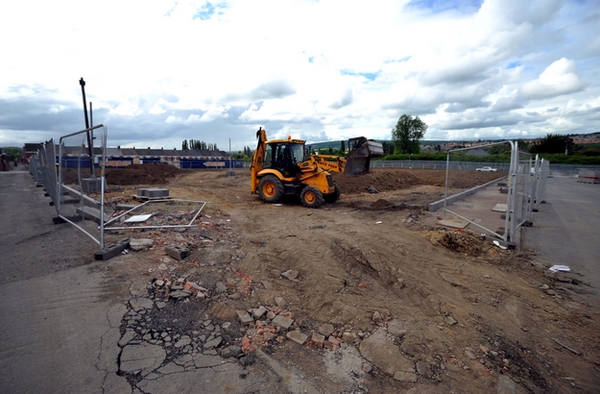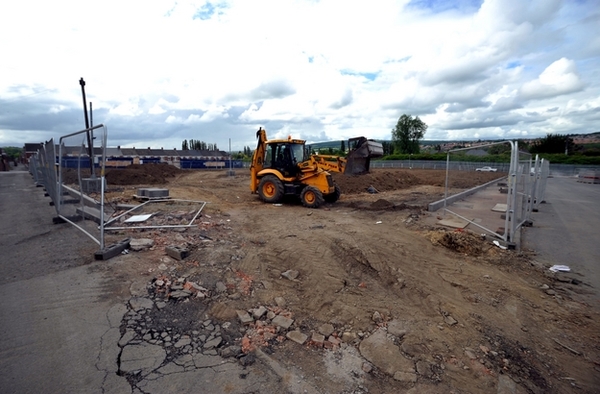You are viewing 1 of your 1 free articles

Councils should be able to look beyond land prices
Local authorities should be able to take into account factors such as employment gains and health benefits when disposing of their land, says Scott Dorling

Local authorities collectively own significant amounts of land that could support a whole range of new developments. Disposing of land to housing associations, developers, house builders and others assists not only in the delivery of new housing, retail and commercial developments but also allows the local authority to achieve many other benefits for their areas.
However, the rules around local authority land disposals – in particular regarding the price that must be obtained – are complex. It is not always possible to take into account non-financial factors in the “price” for the land. It is the quantifiable financial receipt that is king.
“Is it time to free local authorities?”
Local authorities have power under Section 123 of the Local Government Act 1972 to dispose of land as they see fit provided that the disposal is not for “a consideration less than the best that can reasonably be obtained”
Similar constraints apply for land held for planning purposes and different rules apply for Housing Revenue Account land.
There have been a number of cases in recent years which have explored the issue of the legal duty in connection with best consideration disposals.
A number of principles are clear:
- The only consideration to which regard may be had is that which consists of those elements of the transaction of commercial or monetary value, capable of being assessed by ‘valuers’
- The duty to receive the best price reasonably obtainable is not a duty to conduct a particular process (for example always an open market valuation) it is a duty to achieve a particular outcome
- “Best price reasonably obtainable” does not always mean the highest price on offer
What these points tell us is that local authorities do not have the power to take into account wider, non-financial matters when determining what the best consideration for disposal of land is.
This removes the ability for local authorities to consider factors such as job opportunities, health benefits, and other non-monetary value matters when determining whether they are receiving best consideration for a piece of land they are selling.
“Local authorities will often be in the best position to identify the most desirable form of development in their area.”
Local authorities will often be in the best position to identify the most desirable form of development in their area. They may choose not to dispose of land if the slavish adherence to the requirement to obtain best consideration limits their ability to secure a characterful development with a key focus on the quality of the public realm, sustainability, and promoting a healthy lifestyle, for example.
A general consent does exist, allowing for a local authority to dispose of land at less than best consideration, provided the local authority considers that the purpose for which the land is to be disposed is likely to contribute to the economic, social and/or environmental well-being of its area and the ‘under value’ is £2m or less.
The government has stated in the most recent Housing White Paper that it will consult on the threshold of this ‘under value’.
Local authorities have been given many freedoms over the past few years, including the power to borrow freely in a prudent manner and the general power of competence.
Is it now time for the government to free local authorities from the constraint of achieving best consideration in land disposals, allowing them the freedom to dispose of land for such consideration as they themselves deem reasonable in all the circumstances, taking into account the social, economic and environmental well-being of an area?
Scott Dorling, partner, Trowers & Hamlins









